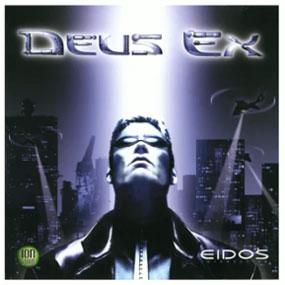Get to the Point
Gaming companies field hundreds of inquiries for every job opening. As a result, reviewers initially scan each resume and cover letter for a mere 90 seconds to see if an applicant is qualified. Click here to find game development jobs. That means you must front-load your resume with the most relevant information, advised Charles Kerr, director of HR for Laser Shot, a developer of training simulators based in Stafford, Texas. Insert a tabled list of achievements and skills right below the headline on your resume and in the second paragraph of your cover letter. “If they have experience with C++ or Unity, then I look at their project summary or work history to see how they’ve used it,” Kerr said. “I don’t spend much time on resumes that are focused on Android or Java.”Play the Name Game
Under your resume’s profile and opening summary, provide a list of the games you’ve worked on; use boldface type when referencing those titles in your cover letter. Links to your portfolio, website, and videos, photos or games you’ve created in your spare time will also help. “Your experience with a game speaks volumes about the type of work you’ve done,” Kerr said. “Our developers are intimately familiar with all of the games, so it’s one of their key considerations in deciding who to interview.”Upload Your ResumeEmployers want candidates like you. Upload your resume. Show them you're awesome.
Be Succinct
“Some programmers submit a 13-page resume and I have to scan through 12 pages to see how they’ve used C++,” Kerr noted. Most reviewers aren’t as diligent as Kerr, so failing to focus on relevant skills and competencies can hurt your chances at obtaining an interview. Make it easy for the reviewer to fall in love with your qualifications by summarizing relevant projects and work experience and offering a comprehensive list upon request. Limit your cover letter to three paragraphs, suggests Yvonne Sommerfield, CEO and founder of San Francisco recruiting and HR consulting firm InspiredHigher, Inc. “Explain who you are and why you’re interested in the company and position in the first paragraph,” she said. “Outline the benefits you offer in the second paragraph and provide specific examples of your relevant experience, skills and achievements in the third paragraph.”Tailor Your Information
In their resumes and cover letters, some candidates go on and on about having MMO (Massively Multiplayer Online Game) experience. While MMOs are popular among developers and players at the moment, that experience doesn’t impress Kerr or his managers, since Laser Shot doesn’t utilize an MMO environment. In other words, omit unrelated experience, acronyms or technologies from your materials; and answer “so what” questions by explaining how you’ve used your technical and creative skills to manage projects effectively, improve game players’ experiences, or stimulate game sales. “I know what someone’s role and responsibilities were by reading their job title,” Sommerfield said. “I want to know what you achieved or accomplished, so don’t start bullets with ‘responsible for.’”Stick With the Basics
Certainly designers, artists, animators and modelers want to showcase their creative skills. But a resume littered with photos, pictograms and graphics can’t be read by resume screening software. To be on the safe side, always submit a Word document or PDF and include a link to a creative version of your resume. Or, see if you can email an artistic version to the line manager or recruiter. “Sometimes, I can’t even open a candidate’s resume,” Kerr says. “Unfortunately, most recruiters only have Word or Adobe.” Some people create lavish videos or customized game content to catch an employer’s attention. Is that really necessary? “We look for skills and experience first, and then our programmers and creative staff review an applicant’s portfolio,” Kerr said. “If all things are equal, then going the extra mile might make a difference. But most the time a qualified candidate can distinguish himself without going to all that trouble.”Related Articles
- Valve Is the Favorite Employer Among Game Developers
- How Game Developers Turn Kickstarter Failure Into Success
- This Is What Studios Look for in Game Developers



